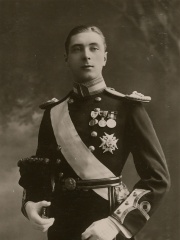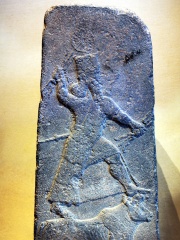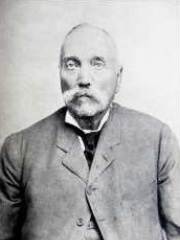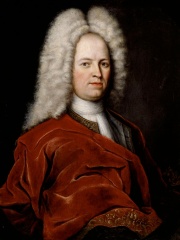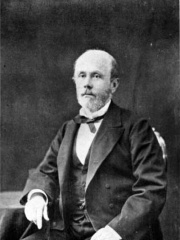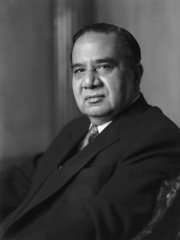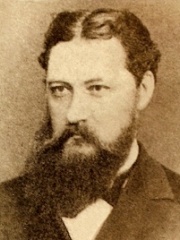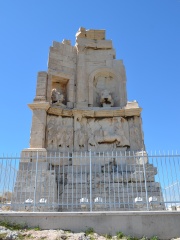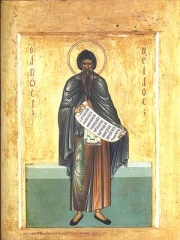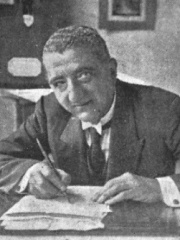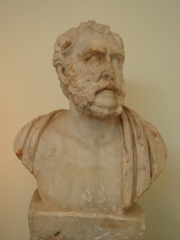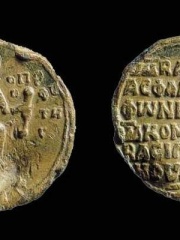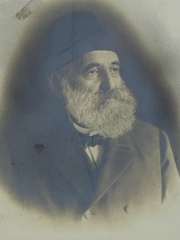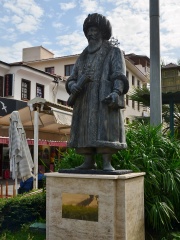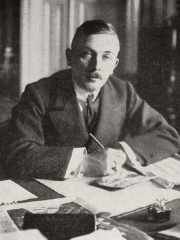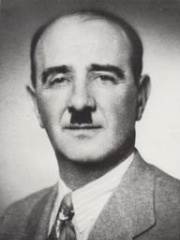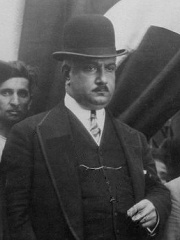POLITICIAN
Pixodarus
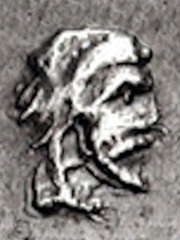
 Pixodarus
Pixodarus
Pixodarus or Pixodaros (in Lycian 𐊓𐊆𐊜𐊁𐊅𐊀𐊕𐊀 Pixedara; in Greek Πιξώδαρoς; ruled 340–334 BC), was a satrap of Caria, nominally the Achaemenid Empire Satrap, who enjoyed the status of king or dynast by virtue of the powerful position his predecessors of the House of Hecatomnus (the Hecatomnids) created when they succeeded the assassinated Persian Satrap Tissaphernes in the Carian satrapy. Lycia was also ruled by the Carian dynasts since the time of Mausolus, and the name of Pixodarus as ruler appears in the Xanthos trilingual inscription in Lycia. Read more on Wikipedia
His biography is available in 18 different languages on Wikipedia. Pixodarus is the 12,098th most popular politician (up from 14,494th in 2024), the 952nd most popular biography from Türkiye (up from 1,134th in 2019) and the 435th most popular Turkish Politician.
Memorability Metrics
Page views of Pixodarus by language
Among POLITICIANS
Among politicians, Pixodarus ranks 12,098 out of 19,576. Before him are Alexander Mountbatten, 1st Marquess of Carisbrooke, William VI, Duke of Aquitaine, Publius Valerius Comazon, Ur-Ninurta, Marthinus Wessel Pretorius, and Emanuele Filiberto of Savoy, Prince of Venice. After him are Georg Heinrich von Görtz, Aníbal Pinto, Sergei Stanishev, Huseyn Shaheed Suhrawardy, Bernardino Caballero, and Doryssus.
Most Popular Politicians in Wikipedia
Go to all RankingsAlexander Mountbatten, 1st Marquess of Carisbrooke
1886 - 1960
HPI: 59.21
Rank: 12,098
William VI, Duke of Aquitaine
1004 - 1038
HPI: 59.21
Rank: 12,099
Publius Valerius Comazon
50 - 300
HPI: 59.21
Rank: 12,100
Ur-Ninurta
2000 BC - 1900 BC
HPI: 59.21
Rank: 12,101
Marthinus Wessel Pretorius
1819 - 1901
HPI: 59.21
Rank: 12,102
Emanuele Filiberto of Savoy, Prince of Venice
1972 - Present
HPI: 59.21
Rank: 12,103
Pixodarus
HPI: 59.21
Rank: 12,104
Georg Heinrich von Görtz
1668 - 1719
HPI: 59.20
Rank: 12,105
Aníbal Pinto
1825 - 1884
HPI: 59.20
Rank: 12,106
Sergei Stanishev
1966 - Present
HPI: 59.20
Rank: 12,107
Huseyn Shaheed Suhrawardy
1892 - 1963
HPI: 59.20
Rank: 12,108
Bernardino Caballero
1839 - 1912
HPI: 59.20
Rank: 12,109
Doryssus
HPI: 59.20
Rank: 12,110
In Türkiye
Among people born in Türkiye, Pixodarus ranks 952 out of 1,347. Before him are Arctinus of Miletus (-800), Sosipatra (-400), Victor and Corona (null), Nikephoros Blemmydes (1197), Serhat (1964), and Philopappos (100). After him are Nilus of Sinai (400), Yervant Odian (1869), Polemon of Laodicea (200), Zeno of Tarsus (-250), Hegesias of Magnesia (-200), and Basilina (300).
Others born in Türkiye
Go to all RankingsArctinus of Miletus
WRITER
800 BC - Present
HPI: 59.26
Rank: 946
Sosipatra
PHILOSOPHER
400 BC - 400 BC
HPI: 59.26
Rank: 947
Victor and Corona
RELIGIOUS FIGURE
HPI: 59.26
Rank: 948
Nikephoros Blemmydes
PHILOSOPHER
1197 - 1269
HPI: 59.24
Rank: 949
Serhat
SINGER
1964 - Present
HPI: 59.23
Rank: 950
Philopappos
POLITICIAN
100 - 126
HPI: 59.22
Rank: 951
Pixodarus
POLITICIAN
HPI: 59.21
Rank: 952
Nilus of Sinai
RELIGIOUS FIGURE
400 - 430
HPI: 59.20
Rank: 953
Yervant Odian
WRITER
1869 - 1926
HPI: 59.19
Rank: 954
Polemon of Laodicea
POLITICIAN
200 - 200
HPI: 59.13
Rank: 955
Zeno of Tarsus
PHILOSOPHER
250 BC - 200 BC
HPI: 59.11
Rank: 956
Hegesias of Magnesia
PHILOSOPHER
200 BC - 170 BC
HPI: 59.07
Rank: 957
Basilina
NOBLEMAN
300 - 332
HPI: 59.07
Rank: 958
Among POLITICIANS In Türkiye
Among politicians born in Türkiye, Pixodarus ranks 435. Before him are David Komnenos (1184), Mehmed Said Pasha (1830), Mansur Yavaş (1955), Köprülüzade Numan Pasha (1670), Öküz Mehmed Pasha (1557), and Philopappos (100). After him are Polemon of Laodicea (200), Nihat Erim (1912), Hesychius of Miletus (505), Richard von Kühlmann (1873), Mehmet Fuat Köprülü (1890), and Recep Peker (1889).
David Komnenos
1184 - 1212
HPI: 59.58
Rank: 429
Mehmed Said Pasha
1830 - 1914
HPI: 59.47
Rank: 430
Mansur Yavaş
1955 - Present
HPI: 59.39
Rank: 431
Köprülüzade Numan Pasha
1670 - 1719
HPI: 59.29
Rank: 432
Öküz Mehmed Pasha
1557 - 1619
HPI: 59.28
Rank: 433
Philopappos
100 - 126
HPI: 59.22
Rank: 434
Pixodarus
HPI: 59.21
Rank: 435
Polemon of Laodicea
200 - 200
HPI: 59.13
Rank: 436
Nihat Erim
1912 - 1980
HPI: 59.01
Rank: 437
Hesychius of Miletus
505 - 600
HPI: 58.96
Rank: 438
Richard von Kühlmann
1873 - 1948
HPI: 58.95
Rank: 439
Mehmet Fuat Köprülü
1890 - 1966
HPI: 58.93
Rank: 440
Recep Peker
1889 - 1950
HPI: 58.91
Rank: 441
